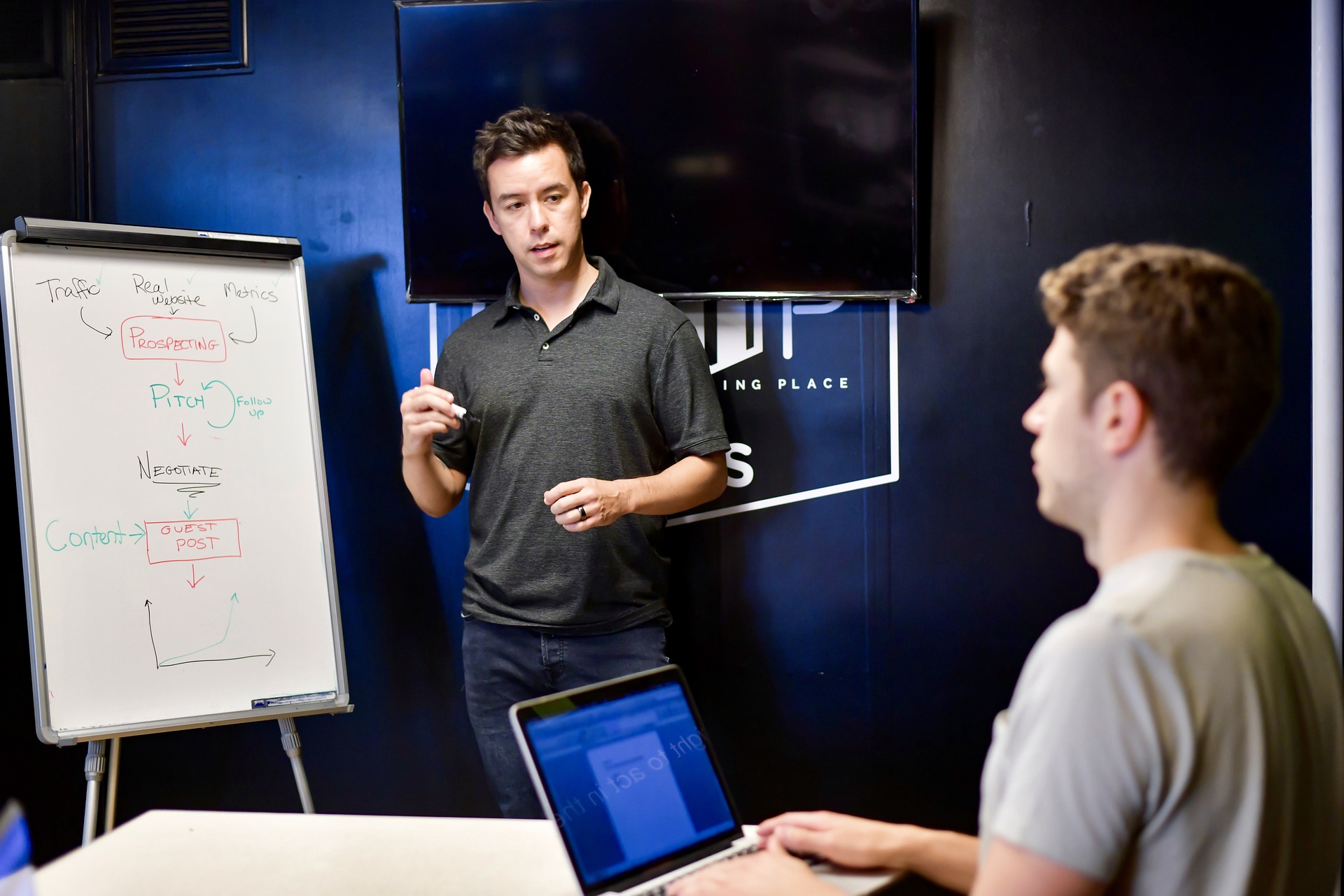
If I simply say the word “coach,” what comes to mind? A man on the field or a court, whistle blowing, shouting rebukes and making corrections with a finger attacking the air? Coaches encourage, train, exhort, and discipline us. To many of us they are another father figure. Many of us smile when our high school “coach” filters back into our minds; but for most of us, we know that “Coach” made us a better person.
Coachwas the authority. You did what s/he said. You sort of belonged to the coach. If you wanted to play, you did it Coaches’way. To use today’s terms, there was accountability. It was personal. Coach was investing himself in you. I believe it was this type of relationship, this type of accountability that Jesus modeled to His disciples and the disciples modeled to their own disciples. The Gospels are full of Jesus exhorting His disciples to “follow me” and “abide in me.” Jesus and Paul both speak of being a “father”, and of “loving” their disciples. That’s no small commitment.
I was recently asked to explain mentoring within the OPEN Network and how a mentor differs in his/her relationship with others. In my experience, discipling in the mission world rarely approaches the Biblical standard. I cannot recall one time that I’ve heard a mission field-supervisor refer to a worker as “a son” or someone s/he “loved”. Our high school coaches cared about our habits off the field knowing our private life impacted our game. Life and work and play are all integrated. Each makes up who we are; the various areas of our life and work cannot be compartmentalized or separated. Just as our high school coaches understood integration and relationship, the OPEN network is growing spiritual disciplers who we call mentors, who combine relational mentoring with professional training. The mentor sets the example of a godly relationship with his wife, his employees, his unbelieving friends, and God. A mentor models self-control in his habits and devotional practices knowing that each directly affects his ability to lead a business or a team. Discipling/mentoring in these areas facilitates success not so much in terms of converts or profits, but in finishing well. A mentor is thus, vitally concerned with effectiveness in a holistic way.
Mentoring is different from teaching. Teaching is more concerned with developing skills and sharing knowledge. It is usually less relational and more a matter of the teacher helping the student to get from point A to point B. The goal is primarily to provide expertise to help someone succeed with a task. I realize that teaching can also be relational, but usually it is not. I say this as rarely does a teacher stay in touch with her/his students following up months or even years later with what a student was taught.
Mentors are drawn to those seeking discipleship. Paid, unpaid, sought out or not, mentors will find people seeking mentoring and discipling. Mentors invest in people and find little joy in supervising people. Mentors are transparent and expect transparency. Mentors provide accountability and are accountable themselves. Teachers have students. Mentors have disciples. Teachers measure a result; mentors measure a life well-lived.
Mentors are acutely aware that they are not coaching “my players” but God’s. For this reason, mentors must listen carefully for what the Holy Spirit is doing in a person’s life and assist him/her in hearing and responding to God. Mentors want those they work with to first build his/her life before work and ministry. This emphasis motivates mentors frequently inquire about the specifics of devotional life, marriage, the children, finances, work, and relationships with others. Whether a new believer or a seasoned Christian, mentors always begin behind the scenes in a man’s private life. All too often there is little ongoing help offered to men and women in leadership.
This is what OPEN mentoring is about.
![]()
PATRICK LAI and his family have worked in SE Asia for over 37 years. His experience in doing business with Jesus has brought him to understand the meaning of work and worship in the marketplace. He started 14 businesses in four countries, six of which are still operating. Patrick and his wife, May, mentor and coach businesspeople working where there are few or no Christians. Check out Patrick’s latest book, Workship, now available in paperback and e-book.
